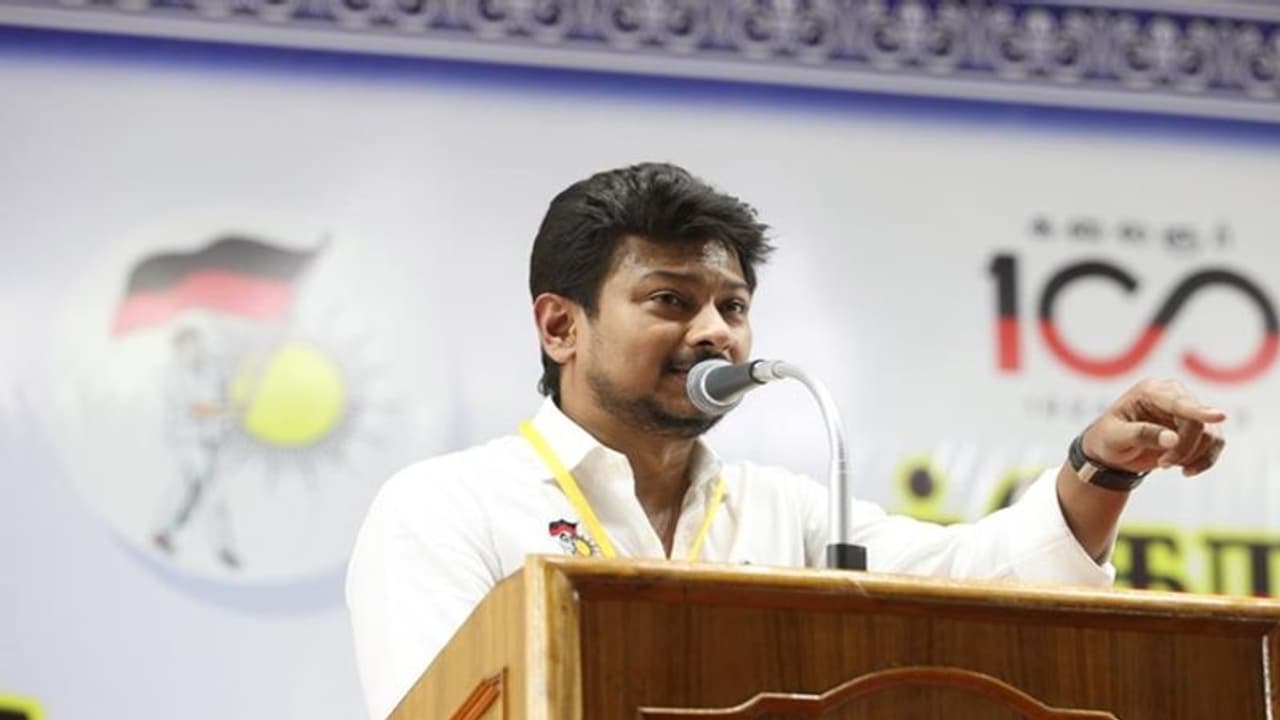Alok Kumar, Chief of the VHP's Central Working Committee and a Senior Advocate, cautioned that the consequences of such threats could be serious, asserting that those who speak of destroying Sanatana Dharma may themselves face destruction.
The Vishwa Hindu Parishad (VHP) has voiced its criticism of Tamil Nadu Minister Udhayanidhi Stalin regarding his remarks on Sanatana Dharma. In a strongly worded statement, the VHP expressed its disapproval, stating that some politicians are "daydreaming" about dismantling Sanatana Dharma, a belief system that even "the Mughals, missionaries, and the British could not destroy."

Alok Kumar, Chief of the VHP's Central Working Committee and a Senior Advocate, expressed surprise at Udhayanidhi Stalin's language and tone. He cautioned that the consequences of such threats could be serious, asserting that those who speak of destroying Sanatana Dharma may themselves face destruction.
The VHP pointed out that Articles 25 and 26 of the Constitution grant every individual the right to practice their religion, and it is the government's duty to protect this right. The VHP suggested that the central government should consider its options if a state government deviates from its constitutional responsibilities by attempting to abolish Sanatana Dharma.
Furthermore, the VHP acknowledged the significance of Dravidian culture as one of India's spiritual traditions and encouraged Udhayanidhi Stalin to seek avenues of mutual consent and unity instead of promoting disintegration and destruction.
The VHP's statement came shortly after Home Minister Amit Shah criticized Udhayanidhi Stalin's remarks, suggesting that the newly formed Opposition bloc INDIA "hates Hinduism" and is "an attack on our heritage." BJP leaders condemned the comment as a call for genocide and questioned whether all members of INDIA agreed with the DMK leader's statements.
In response to the criticism, Udhayanidhi Stalin clarified that he never called for the genocide of Sanatana Dharma followers. He argued that uprooting Sanatana Dharma promotes humanity and human equality, standing by his words as a voice for the oppressed and marginalized who suffer due to Sanatana Dharma's caste and religious divisions.
